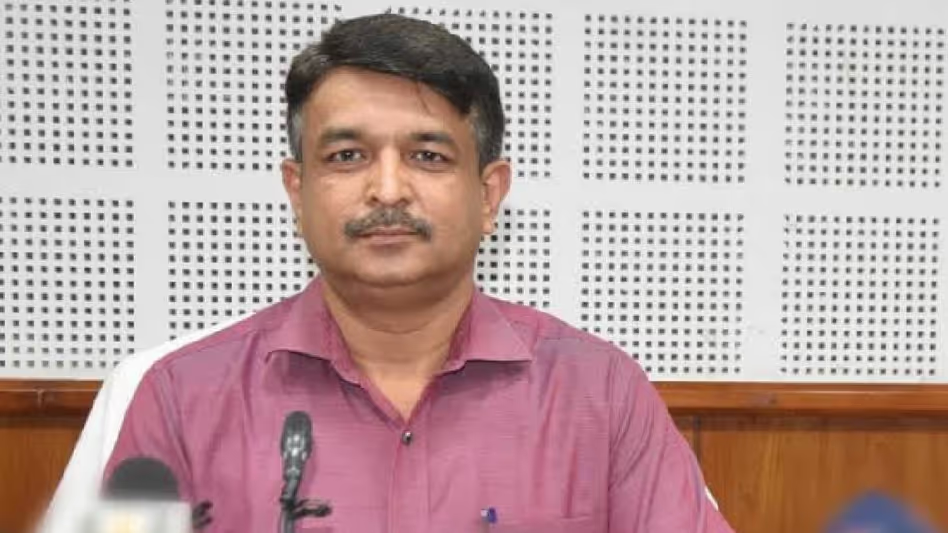In the wake of severe flooding that has devastated parts of Tripura, the state’s health department has mobilized an extensive response to address the urgent medical needs of affected residents. Over the past few weeks, health teams have conducted 1,650 medical camps across the flood-hit regions, providing crucial assistance to a staggering 42,155 people. This large-scale effort underscores the department’s commitment to mitigating the impact of the floods on public health.
The flooding, which has severely impacted numerous communities, has created a dire need for immediate medical care. In response, the health department has set up these camps in various locations, ensuring that essential healthcare services reach those most in need. The medical camps have offered a range of services, including treatment for waterborne diseases, preventive care, and general health check-ups. These efforts are crucial in preventing the spread of diseases that can emerge in the aftermath of such natural disasters.
Outside of the camps, health teams have been actively involved in screening efforts. They have reached out to 35,477 individuals from 23,165 families, conducting thorough health assessments to identify and address any emerging health issues. This proactive approach aims to provide early intervention and prevent potential outbreaks of illnesses that could arise due to unsanitary conditions and displacement caused by the floods.
The coordination and execution of this extensive health campaign have been a monumental task. The health department has collaborated with various local organizations and volunteers to maximize the reach and effectiveness of their efforts. By setting up these camps and conducting screenings, the department has not only provided immediate relief but also worked to ensure that long-term health needs are addressed.
In addition to the medical camps and screenings, the health teams have also been involved in distributing essential supplies. These include medicines, hygiene kits, and other necessities that help in maintaining health and preventing the spread of diseases. The provision of these supplies is a critical component of the overall response, addressing both immediate and long-term needs of the flood-affected populations.
The response by the Tripura health department reflects a broader strategy to manage the health crisis effectively. By combining immediate medical care with preventive measures, the department aims to reduce the impact of the floods on public health. The focus on both treatment and prevention is essential in managing the complex challenges posed by such large-scale disasters.
Local residents have expressed appreciation for the swift and comprehensive response. The presence of health camps in their communities has been a source of relief, offering not just medical care but also a sense of reassurance during a time of crisis. Many have shared their gratitude for the support provided, highlighting the importance of such initiatives in maintaining health and safety in the face of adversity.
As the situation continues to evolve, the health department remains committed to supporting affected communities. The ongoing efforts to provide medical care, conduct screenings, and distribute supplies are crucial in addressing both immediate needs and preparing for potential future challenges. The scale of the response reflects the seriousness of the health risks posed by the floods and the dedication of the health teams to mitigating these risks.
The impact of the health department’s work is evident in the growing number of individuals and families receiving assistance. Through these extensive efforts, the department is helping to manage the health crisis effectively, offering hope and support to those struggling in the aftermath of the floods.
As Tripura moves forward, the health department’s response serves as a model of effective crisis management. By focusing on both immediate relief and long-term health needs, the department is working to ensure that affected communities receive the care and support they need during this challenging time.


